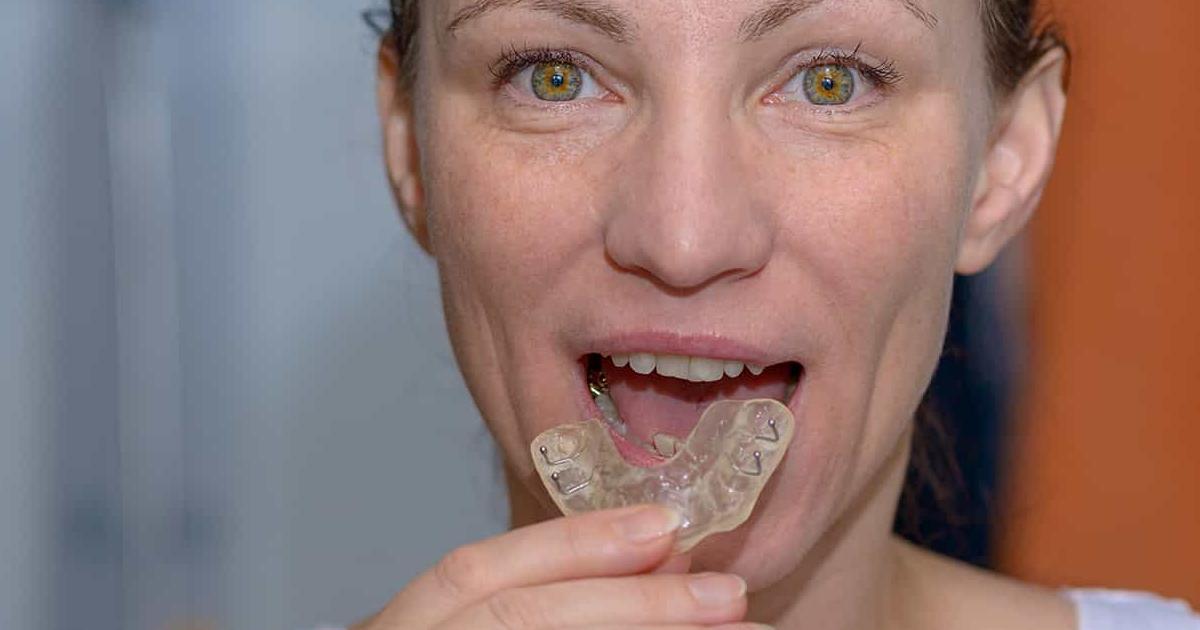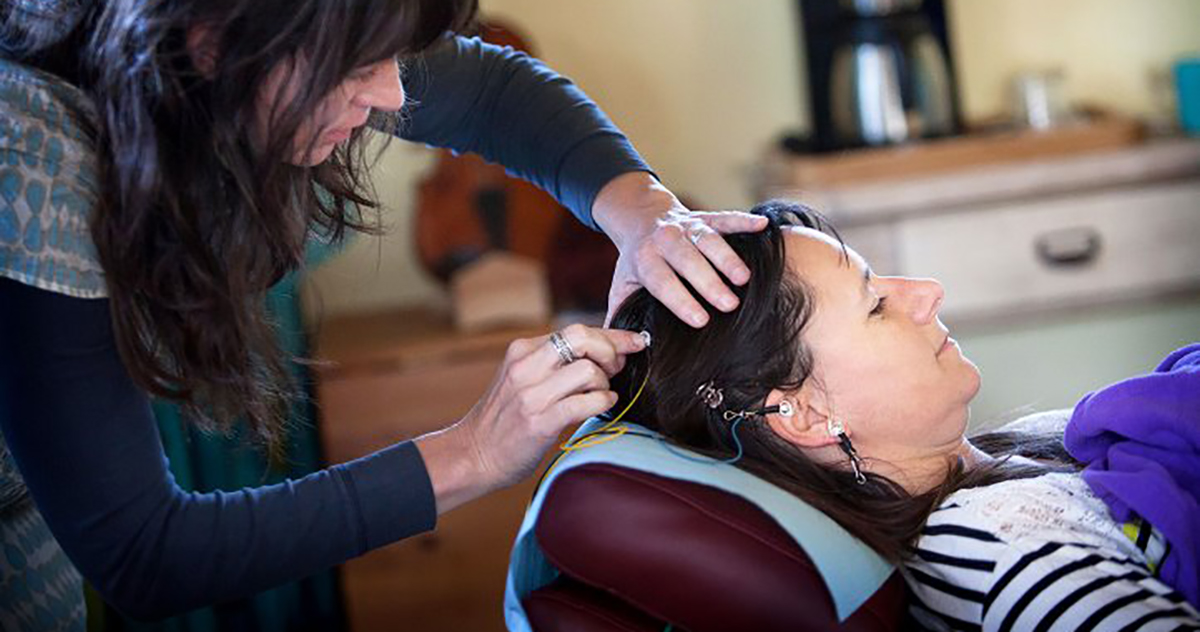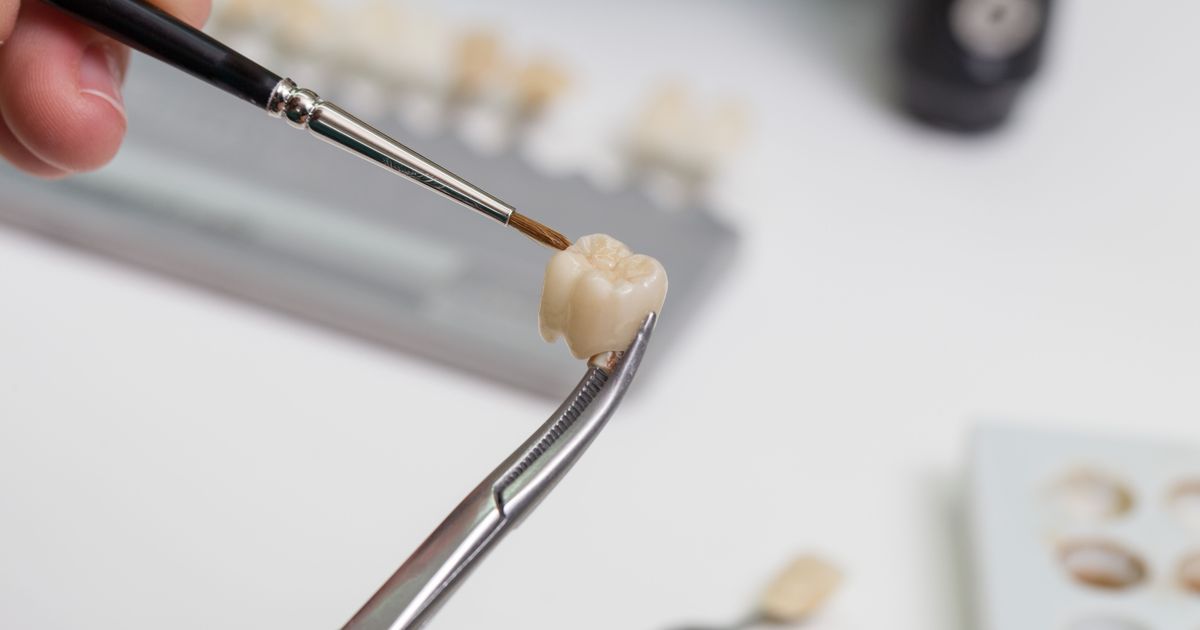Tips For Treating Bruxism Effectively
Bruxism, the medical term for grinding or clenching teeth, is a habit many individuals deal with. The worst part about grinding teeth is individuals often do it while they are sleeping, so they seemingly have no control over it. Without some kind of intervention, individuals can grind their teeth until they cause enough damage to their teeth to cause serious symptoms. Symptoms can include damage to the teeth that expose nerves, jaw pain, and damage to the bone underneath the teeth. It is important, if individuals know they deal with bruxism, to take steps to reduce or eliminate it. Consulting a doctor or dentist can be quite helpful when it comes to fixing current problems and finding solutions to prevent further damage.
Learn about some of the most common treatments for bruxism now.
Wear A Mouth Guard

Wearing a mouth guard at night can greatly reduce teeth grinding during sleep. Often dentists can make their patients mouth guards, though buying a mouth guard at a local pharmacy and molding it to fit from there is also an option. While these might not be as durable as the ones dentists can make, they might be more affordable. Mouthguards prevent patients from damaging their teeth due to grinding because it puts a barrier between the top and bottom teeth. It might take a little while to get used to sleeping with a mouth guard, but over time, most patients will get used to it. The benefits surely outweigh the issues. However, if patients grind their teeth during the day, other interventions might be necessary. The more patients use the mouth guard, the safer and healthier their teeth will be when it comes to reducing bruxism.
Uncover more ways to treat bruxism now.
Manage Stress And Anxiety

Many times bruxism can be caused by stress and anxiety. If patients to whom this applies can incorporate some relaxation and meditation techniques to their lives, they might find it reduces the teeth grinding and even teeth clenching they do. As established, teeth grinding is one of those things individuals may do in their sleep or unconsciously during other times of the day. So, any reduction in the stress and anxiety can have a great impact that will make individuals feel better, lessen how much they grind their teeth, and reduce damage to their teeth as a result. The clenching and grinding caused by stress can also result in a locked jaw and damage to the gums, teeth, bone, and function of the mouth.
Keep reading to learn more about treating bruxism now.
Biofeedback

Biofeedback is a therapy that helps patients gain control over involuntary functions and responses of their body. There are many things our bodies do without us even having to think about it. This kind of therapy helps patients become aware of what is going on in their body by harnessing their mind's power. This is done in an effort for patients to gain control over their body and health. There are several kinds of elements included in biofeedback, including brain waves, breathing, heart rate, muscle contraction, sweat gland activity, and temperature. Different machines are using during a session depending on which body function patients are trying to manage. For instance, if patients are wearing a heart rate monitor and exposed to something that will increase their heart rate, the machine will register this response and they will be given feedback to try to manage the increase. This will help patients get control of their reaction both immediately and in the future once strategies are in place.
Discover additional methods of treating bruxism now.
Dental Crowns To Repair Damage

Grinding and clenching the teeth can cause a lot of damage. The constant grinding can cause the teeth to be ground down. If they are ground down too far, patients typically experience pain and discomfort. They can also suffer from bone loss, cracked teeth, and loss of enamel. It is possible to fix the damage caused by using dental crowns. This process includes shaving down the current tooth and cementing a crown on top of it. The crown will protect the tooth under it, along with the bone and root. However, these remedies can be costly and might not fix the underlying problem. Thus, patients can still be at risk of grinding down the crown, which is why other methods like wearing a mouthguard at night are still recommended.
Read more about how to treat bruxism now.
Adjust Jaw Positioning

While stress and life situations might lead an individual to grind their teeth, it could also be caused by the position of their jaw. The jaw and its muscles want to be in a correct, comfortable position. When this does not happen, the jaw moves back and forth to try and find a comfortable spot, leading to the teeth grinding back and forth. Therefore, patients might need to have to adjust their jaw positioning, which can be done in several ways. Using a specially designed nightguard can help realign the jaw while a patient is sleeping. This will allow the jaw to relax and help reduce discomfort. Another procedure is an occlusal adjustment, which involves the dentist finding which parts of the patient's bite are not making proper contact by using colored paper. They will grind down or remove parts of the tooth causing the problem until the patient's teeth sit comfortably together when they are clenched. This will help reduce the jaw moving back and forth to find a comfortable position.